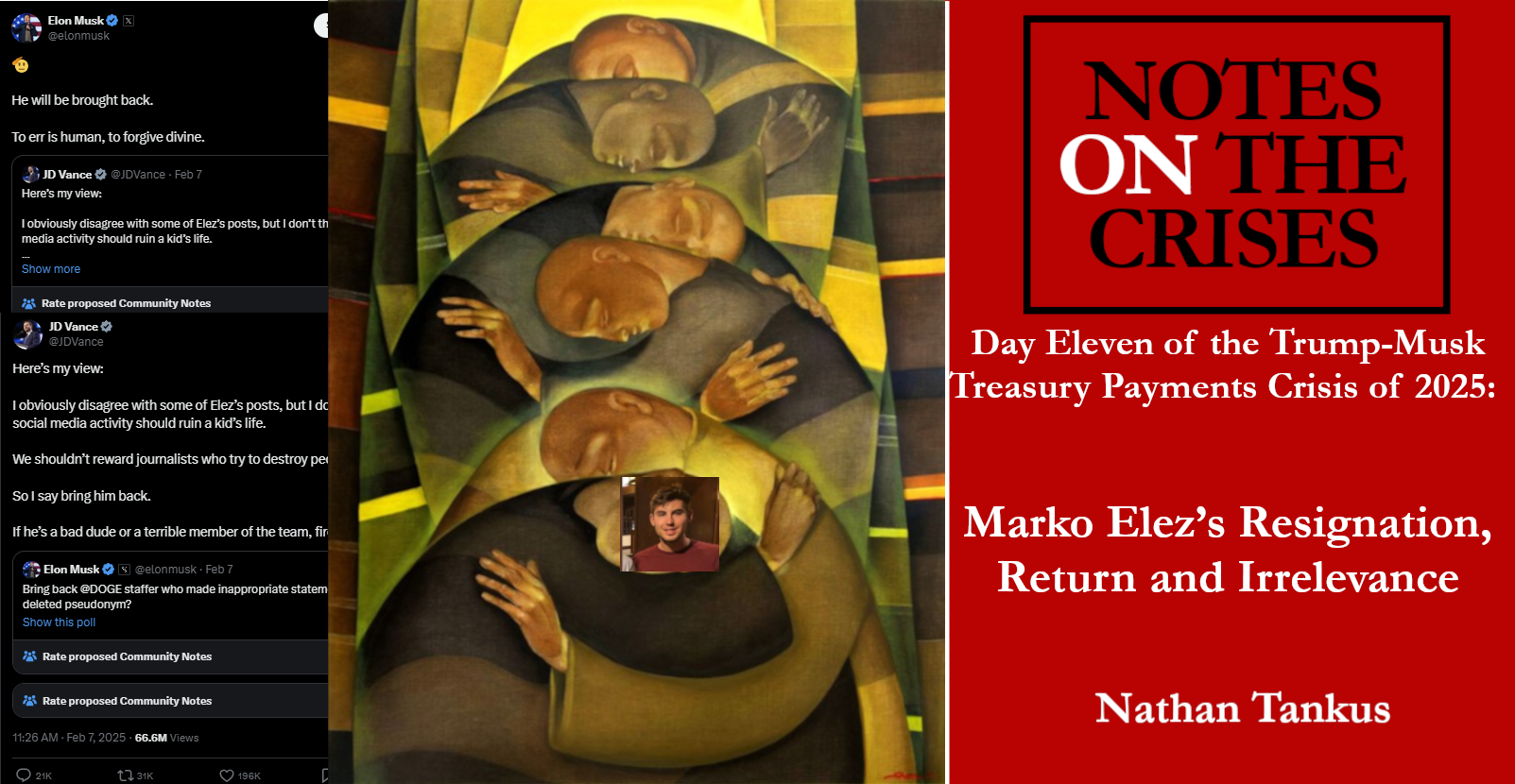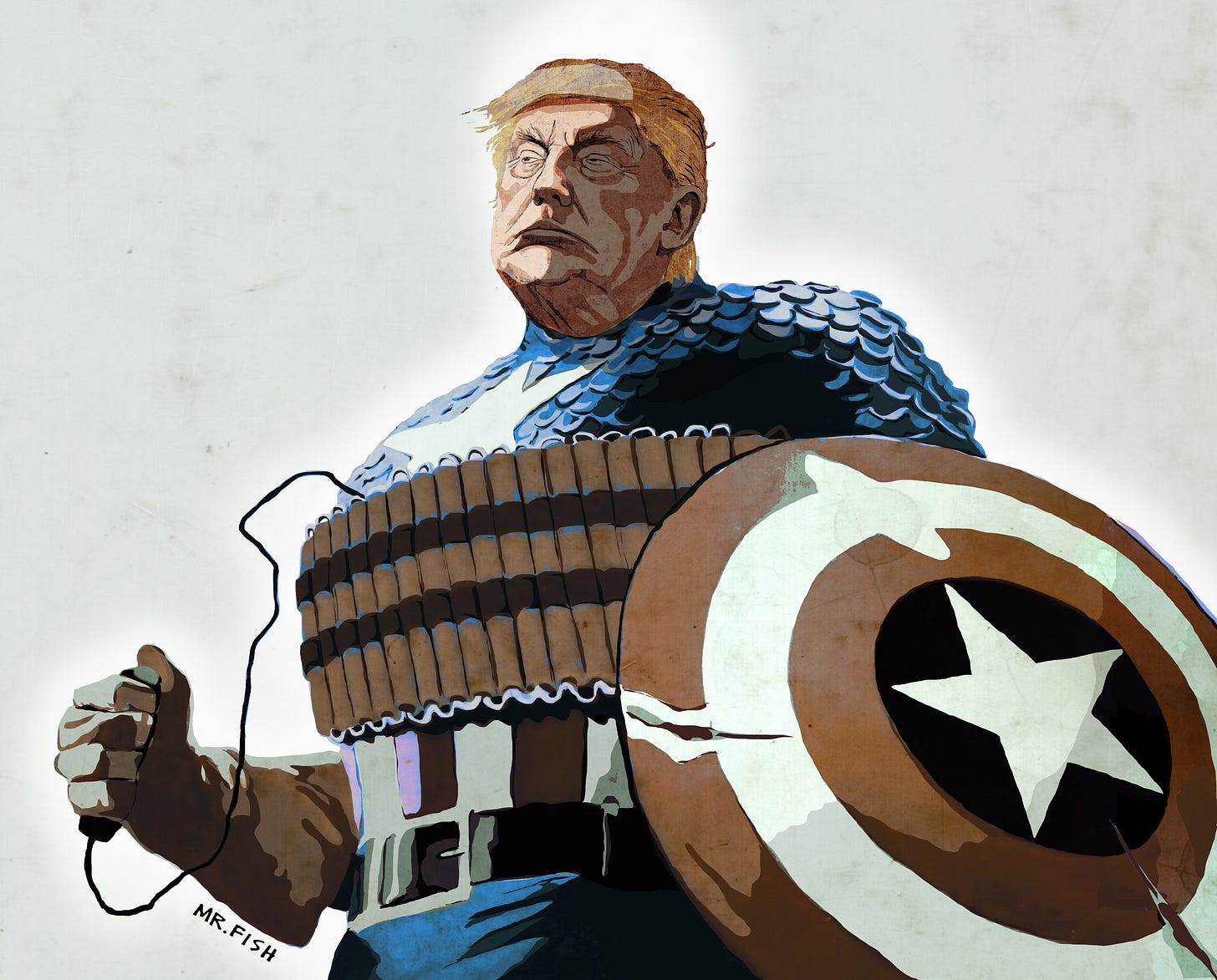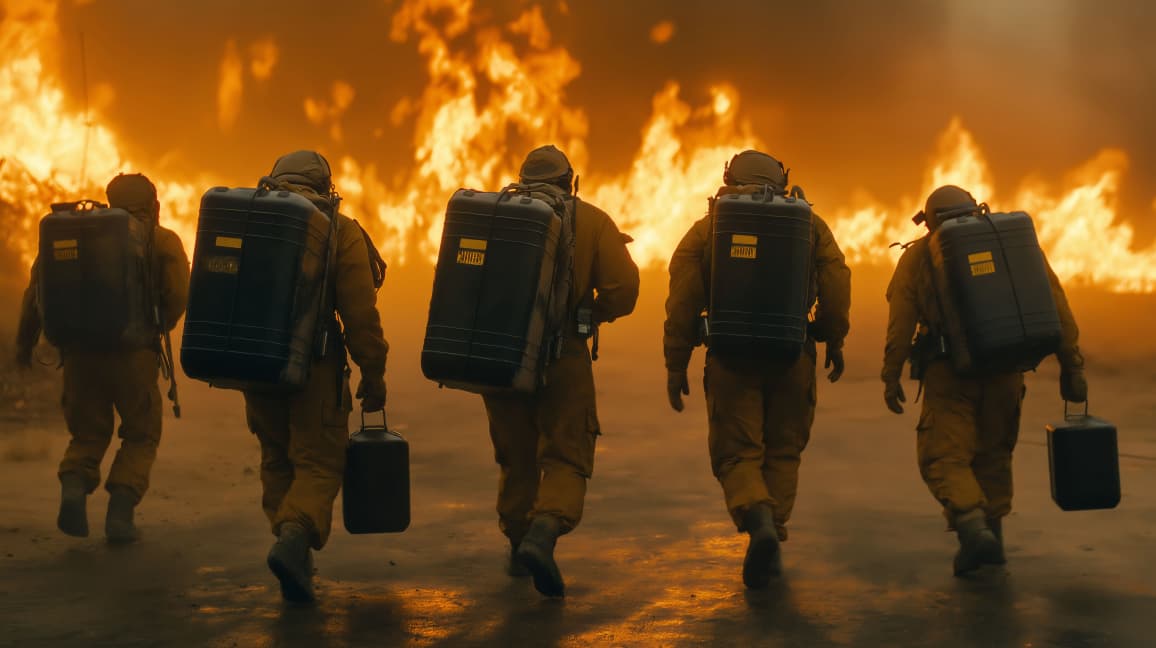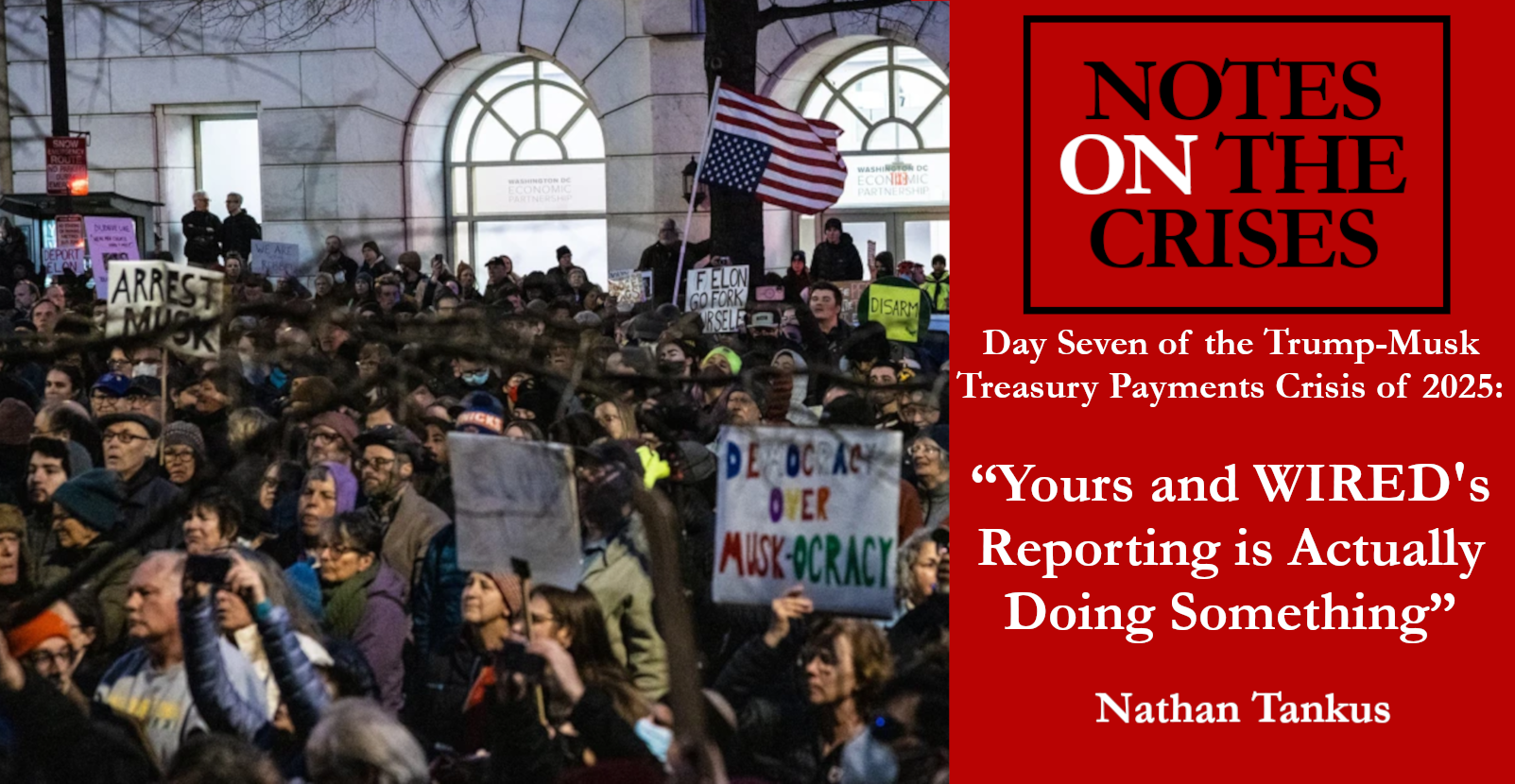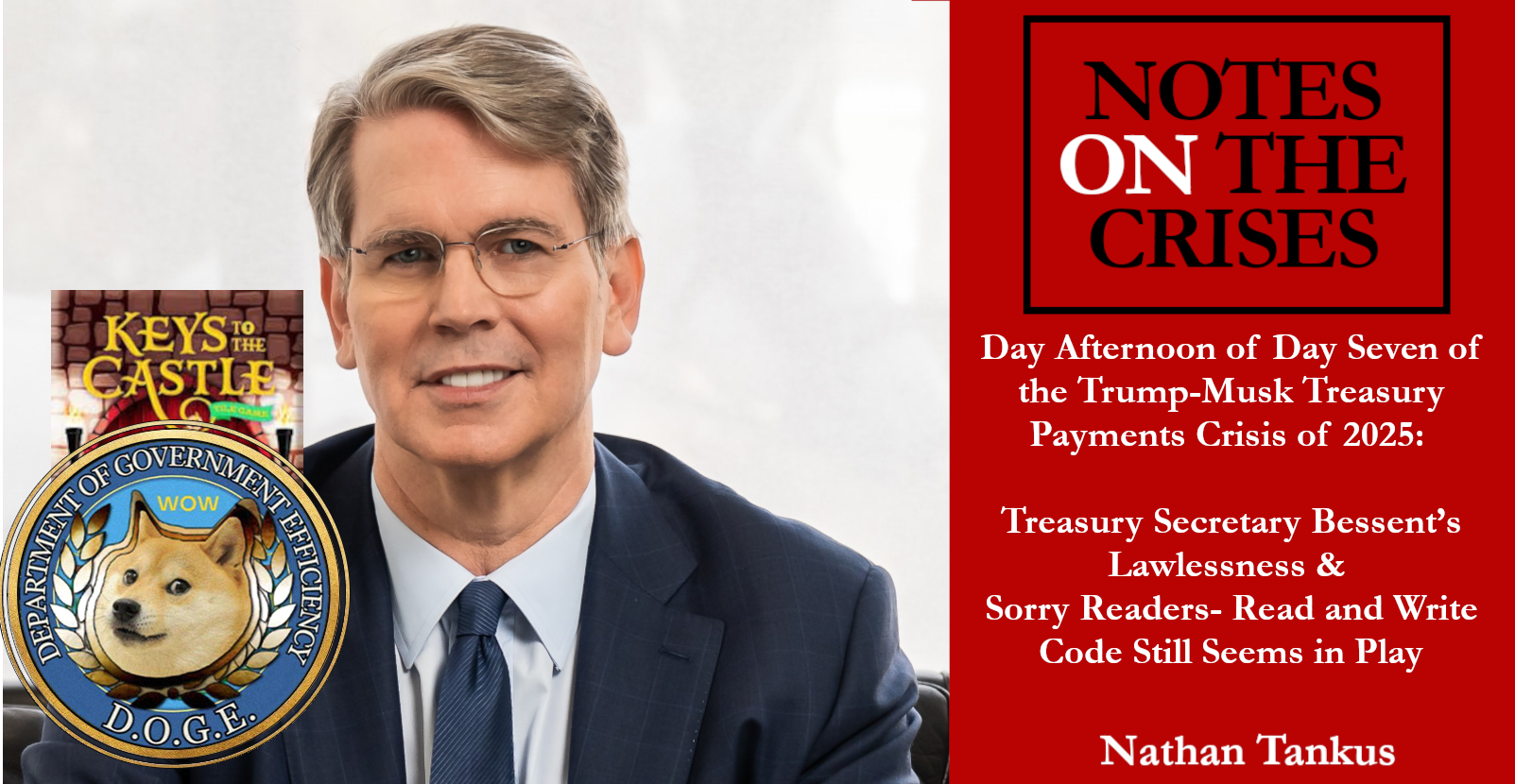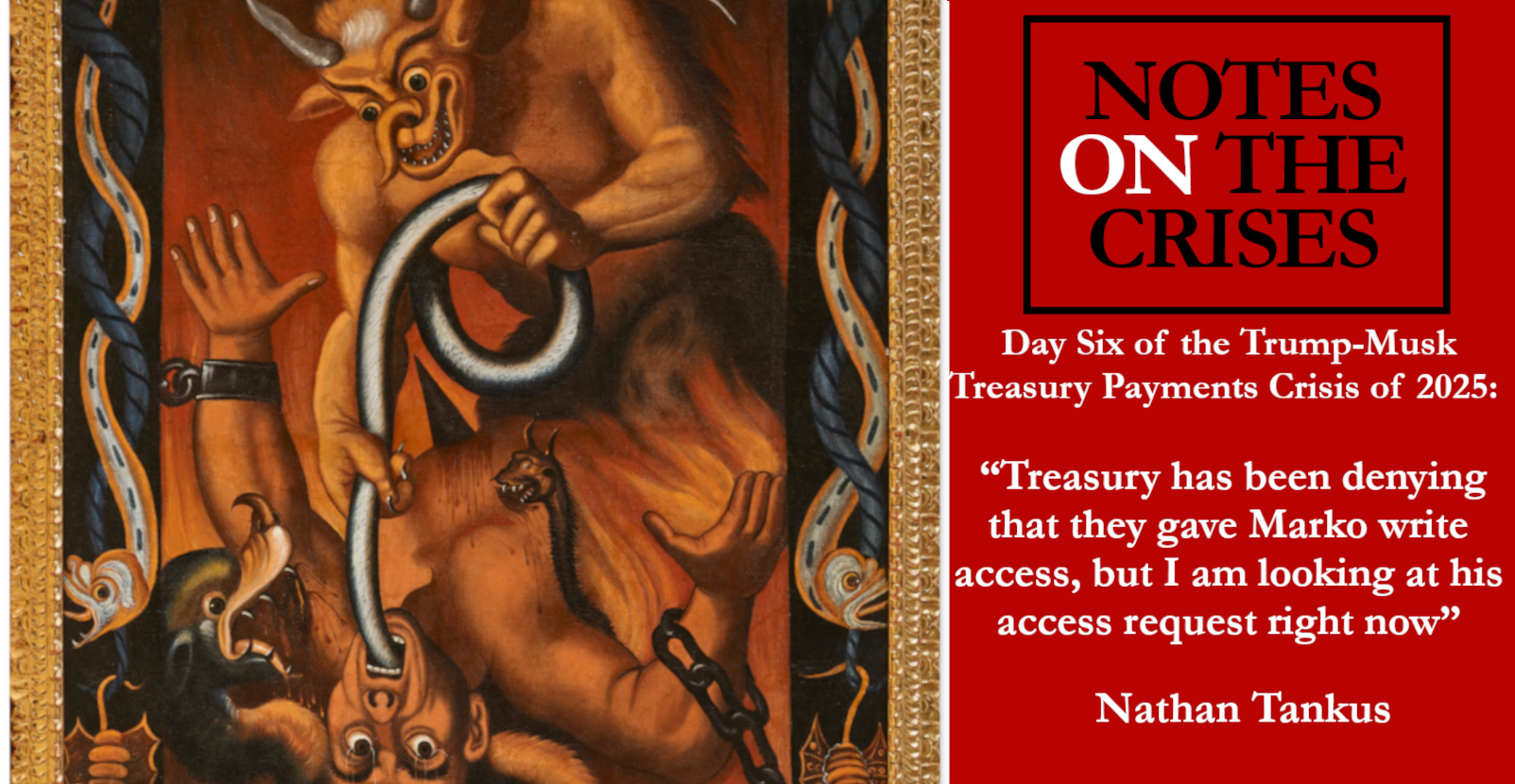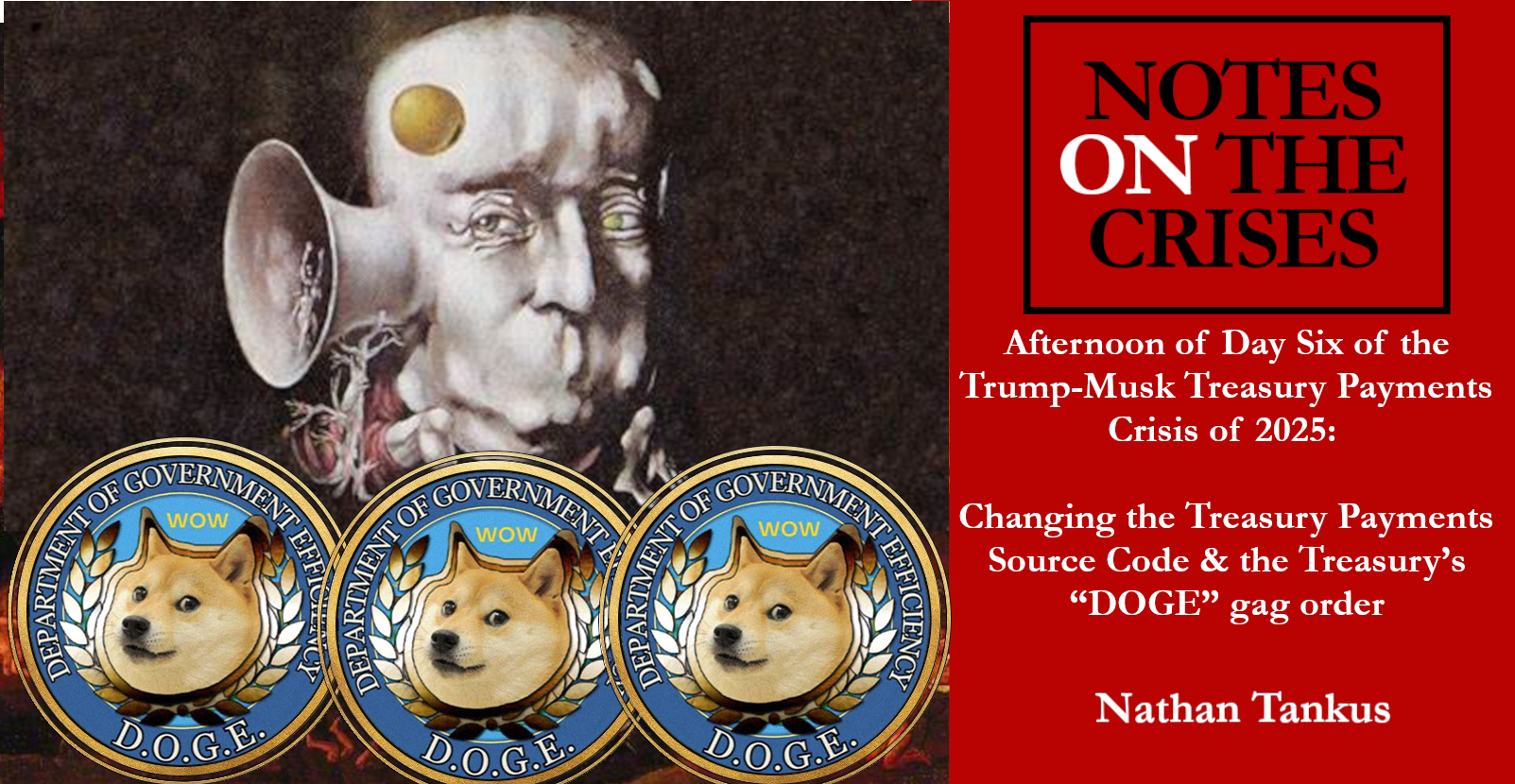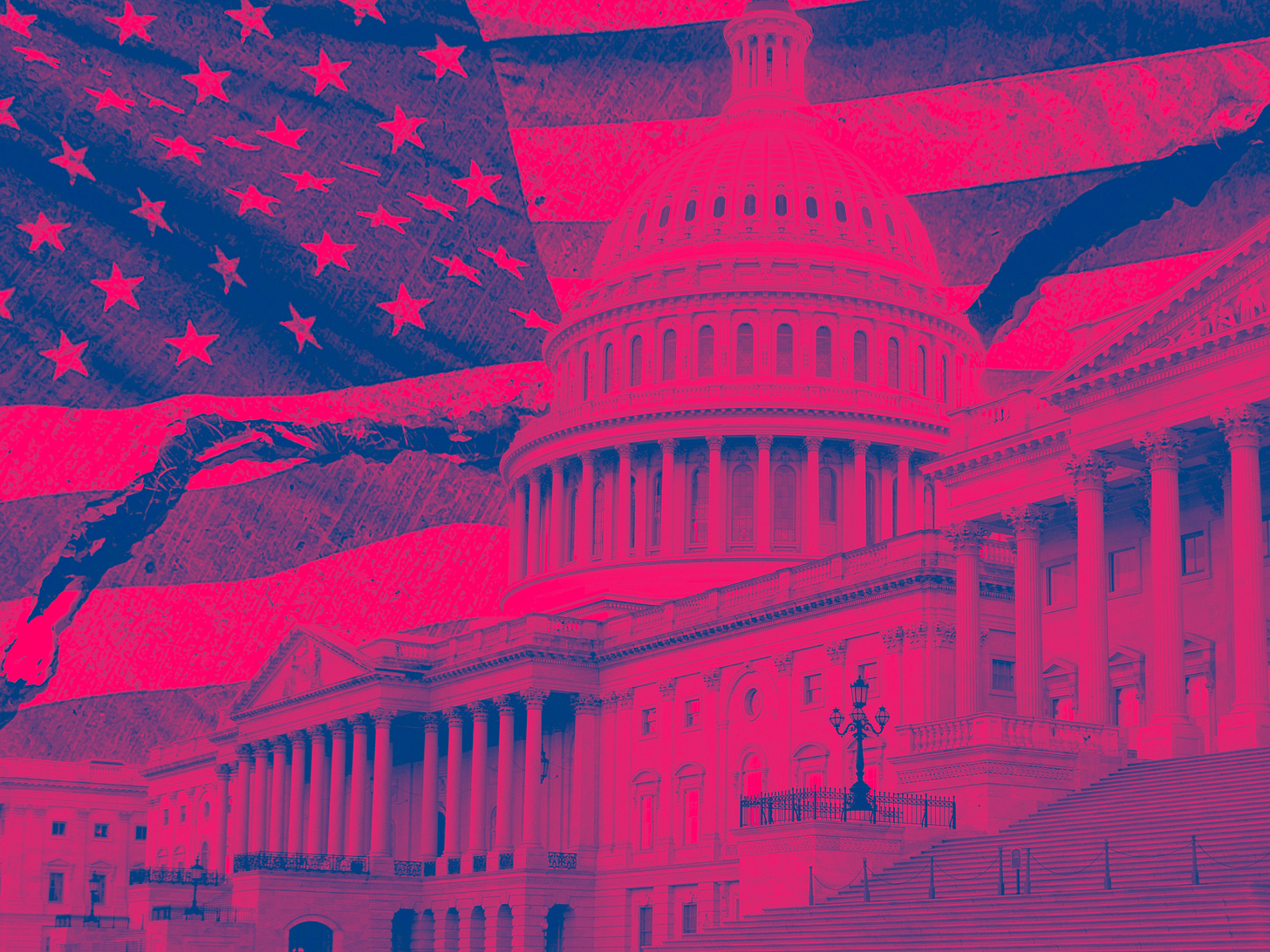Even a (so-far) nonviolent constitutional crisis moves swiftly. So far today there have been significant developments in two ongoing lawsuits to check the unlawful, unconstitutional conduct of the Trump regime. Both bring us closer to the inevitable face-off between the federal judiciary and that regime.
The two suits are both proceeding in federal district courts, the federal trial court level. Both have been brought by coalitions of state attorneys general. State of New York v. Donald Trump is before Judge John J. McConnell in the District of Rhode Island. This is the lawsuit seeking to prevent the Trump regime from freezing or otherwise interfering with the flow of Congressionally appropriated funds to the individuals and states meant to receive them. I will call this the funding freeze case. The other lawsuit is State of New York v. Donald J. Trump. It is before Judge Jeanette A. Vargas of the Southern District of New York. Here the plaintiffs are trying to prevent anybody other than the usual career civil servants from accessing the Treasury's secure payments systems and associated records. The litigation was prompted by Secretary of the Treasury Bessent giving access to "consultants" hired by Elon Musk's Department of Government Efficiency (DOGE), compromising the personal and financial information of millions of Americans. I will call this the Treasury systems case.
